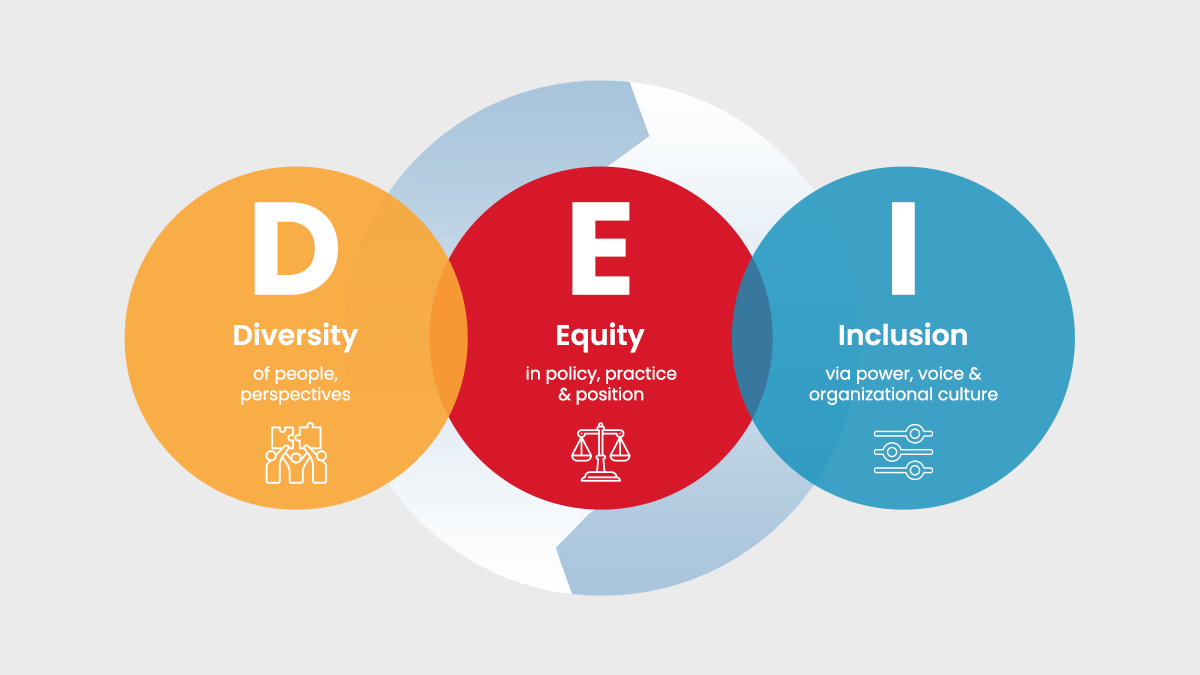
Hiring is red hot these days. Blame it on the pandemic that has accelerated the swift shift to digital transformation. And created an insane demand for digital talent. Tech companies are on an overdrive to get the best talent and are pulling all stops to outbid each other in the 'talent war'. Helming a tech company, I am also witnessing this craze for acquiring talent. But I take a detour from tech hiring for a moment to tell you about 'green' hiring. Yes, hiring is turning green. LinkedIn data shows 44 per cent of all hiring in India in 2021 was done in green jobs or jobs with greening potential. And green talent has proven to be more resilient to the economic downturn and Black Swan events like the Covid pandemic than non-green talent.
Are green jobs all about cleantech?
Green jobs aren't all about cleantech companies. They can be in sectors perceived to be non-green like manufacturing, mining or IT services. The United Nations Environment Programme (UNEP) defines green jobs as 'positions in agriculture, manufacturing, R&D, administrative, and service activities to substantially preserve or restore environmental quality. Green jobs can be found in business, non-profit organizations, government, and education. Small business, self-employment, and entrepreneurship are integral to the new green economy.
Green Economy and the need for Green Skills
The Covid pandemic led us to reimagine the way we work. The world turned digital-first, and the digital economy took centre stage. At the same time, we need to ensure the environmental sustainability of every economic activity to shift to a green economy. Nations are committed to implementing the Paris Agreement on Climate Change for a decarbonized world. But we must realize that it's not all about saving our planet from degradation. Implementing the Paris accord has economic implications – it could create a net gain of 18 million green jobs by 2030. The growing awareness among new-age consumers of businesses' impact on the environment has led to a rise in the demand for professionals who have the skills to create green processes and technologies. Creating green jobs will benefit the circular economy, which encourages reusing, repairing, recycling, and increasing sustainable manufacturing and consumption.

Like tech hiring, demand trumps supply in green jobs too
Globally, we have not made enough progress, especially when it comes to training employees with green skills to meet this growing demand. The demand for workers with green skills has outpaced the supply of green talent. Over the past five years, job postings for green skills have grown at an annual rate of 8 per cent, while the share of green talent has grown at 6% per cent annually. It is a huge missed opportunity for the planet and for workers - and one that we can start addressing right away.
I feel we can plug the gaps in green skills by encouraging green entrepreneurship. The recipe is in nurturing more green entrepreneurs and their disruptive ideas. Today, green entrepreneurship is nascent, but its pace of growth exceeds that of overall entrepreneurship. Green skills need to permeate all industries. Europe and USA are leading in green entrepreneurship. But emerging economies are catching up. In Brazil, 20 per cent of the startups have workers with green skills, above the global average of 18 per cent. In India, for every 100 entrepreneurs, two are highly skilled in green.
Folks, you thought #GreenJobs are all about saving our planet? You are then missing the big picture impact. What green jobs mean to the #GreenEconomy, and how hiring is taking on a new hue in a digital-first world.@UNEP #ESG #GreenSkillshttps://t.co/q7lw3cONoq
— Priyadarshi Nanu Pany (@NanuPany) May 5, 2022
Gearing up policymakers, corporates & workers for green economy
Achieving the shift to a green economy with the optimal pool of green talent needs action from both state and non-state actors. In partnership with experts, the policymakers can develop training materials and promote online learning resources to equip entrepreneurs and the broader community with the necessary green skills to increase employability through the green transition. Business leaders can hire diverse talent with green skills, support green upskilling and reskilling efforts through targeted investment into workforce training and fund green entrepreneurs. They can focus on new policies that create opportunities for the equal development of green skills across all groups.
Greening our planet needs widening our green talent pool. People with green skills will catalyze change. The future of hiring is green!
This blog was originally published on Priyadarshi Nanu Pany’s LinkedIn account.


























































We will verify and publish your comment soon.